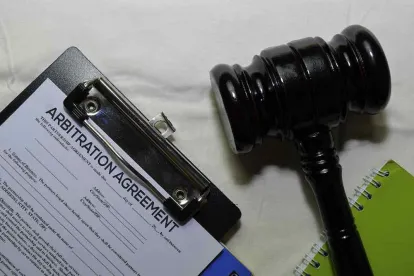On June 15, 2022, the U.S. Supreme Court issued its highly anticipated opinion in Viking River Cruises, Inc. v. Moriana, which considered whether or not claims brought under the California Private Attorneys General Act (“PAGA”) can be waived by an arbitration agreement. Existing case law in California held that PAGA claims could not be waived via an arbitration agreement because these claims are brought on behalf of the state. The defendant in Viking River Cruises challenged this California rule on the grounds that it was preempted by the Federal Arbitration Act (“FAA”).
The Court’s nuanced opinion in Viking River Cruises delivers good news to California employers who use arbitration agreements with their employees insofar as the Court ruled that the FAA preempts California’s rule that PAGA actions cannot be divided into individual and representative claims. Thus, while the Court stopped short of invalidating California’s rule preventing wholesale waivers of PAGA claims via an arbitration agreement, the Court held that an enforceable arbitration agreement can mandate arbitration of individual PAGA claims. Therefore, in the case at issue, the Court ruled that the named PAGA representative’s individual PAGA claims were subject to an arbitration agreement she had signed with her employer. Although the arbitration agreement included a waiver of class, collective or representative PAGA actions, it also included a severability provision specifying that if the waiver was found invalid, such a dispute would be litigated in court, and any portion of the waiver that remained valid would be enforced in arbitration. As a result of having to arbitrate her individual PAGA claims, the Court further held that the named PAGA representative, therefore, lacked statutory standing to maintain her representative PAGA claims in court, and that these claims must be dismissed.
While the precise implications of the Viking River Cruises case will likely be refined through further litigation, the Court’s opinion represents a favorable shift in the law for California employers who can now compel arbitration of an employee’s individual claims where that employee has signed an enforceable arbitration agreement that covers such claims, and seek dismissal of any related representative PAGA action for lack of standing. Additionally, following the Supreme Court’s decision in Viking River Cruises, the Ninth Circuit is set to consider a Petition for Rehearing en banc in another case, Chamber of Commerce of United States v. Bonta, which deals with the enforceability of AB 51, a new California law prohibiting mandatory arbitration agreements as a condition of employment which has been stayed pending the Court’s decision in Viking River Cruises.
In light of the Viking River Cruises decision, employers will want to immediately review their arbitration agreements to evaluate whether they are effectively written to cover individual PAGA claims and avoid wholesale waivers of PAGA claims.





 />i
/>i
